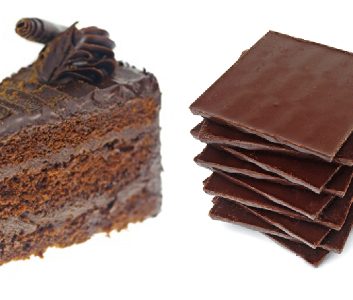News: Can enticing photos of food make you gain weight?
A new study suggests that when faced with food cues in our environment (such as ads), whether we overindulge in

A new study suggests that when faced with food cues in our environment (such as ads), whether we overindulge in that food actually depends on the reward centre region in our brain and not whether we think we’re hungry‘or even like the food.
The UK study involved 25 healthy women with BMIs ranging from 17-30. Researchers first monitored the women’s brain activity in response to food images, then asked them to rate how hungry they were and how desirable they found each food. Before the end of the study the women were given 150g of potato chips to eat, which they knew would be measured.
The researchers found that strong activity in the brain’s reward centre combined with levels of self-control predicted how many potato chips the women ate, and had nothing to do with how hungry they were or how desirable they found the food.
The participants that had both a strong brain response and reported low levels of self-control, had the highest BMIs. Interestingly enough, those who had a strong brain response, but had higher levels of self-control, had a lower BMI.
The findings suggest why some people who are frequently bombarded with images of food are susceptible to gaining weight, due to brain activity and poor self-control. Researchers are now developing computer programs to train brains to respond less positively to food cues.
Does this change the way you think about snacking?
-Jennifer Shenouda, Editorial Intern
Related:
‘ Why you feel hungry even when you’re not
‘ 8 things you need to know about emotional eating
‘ 7 things that are secretly making you gain weight




